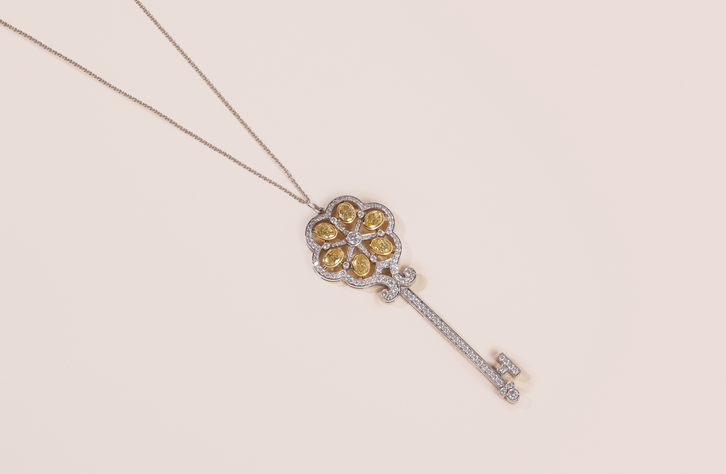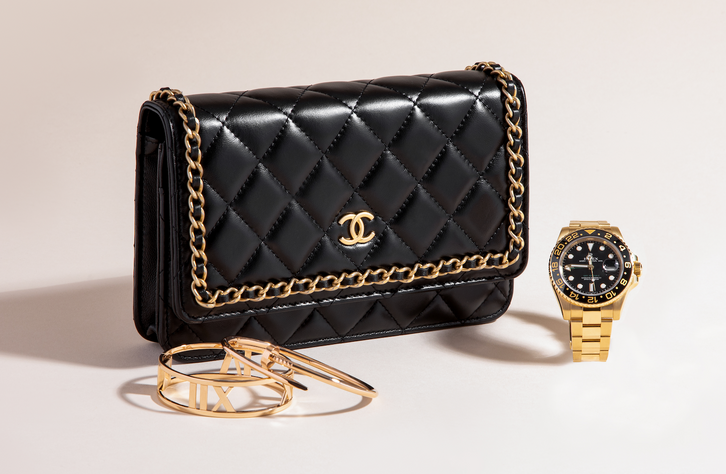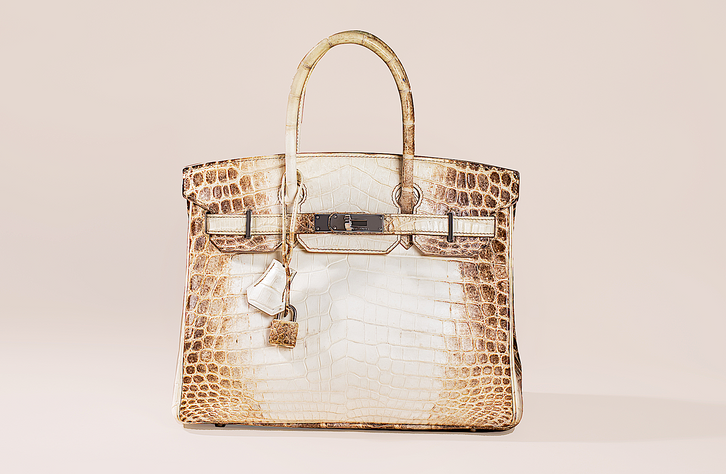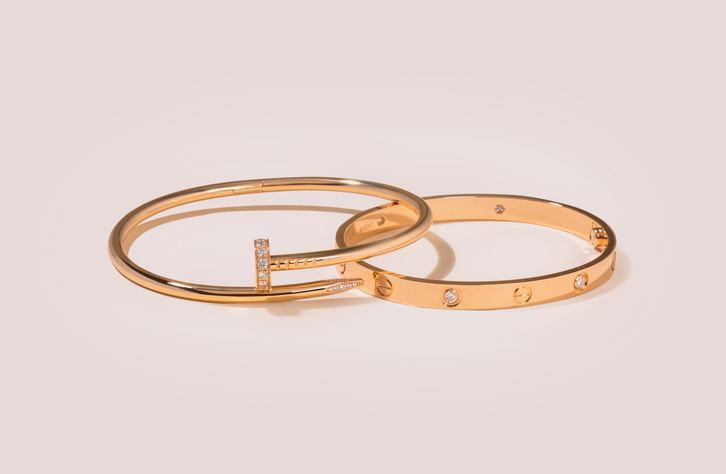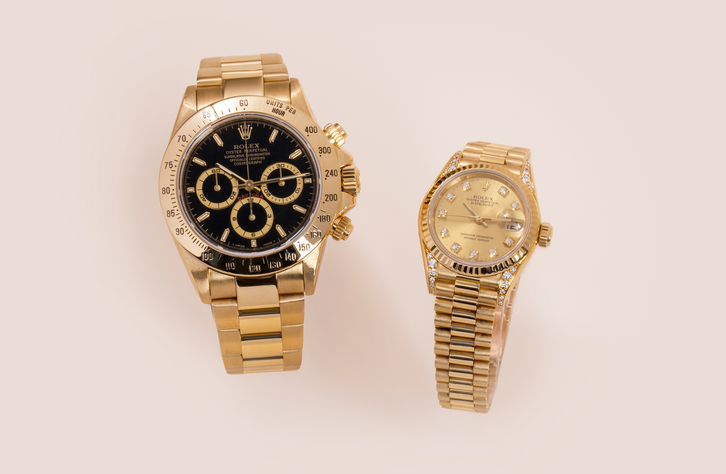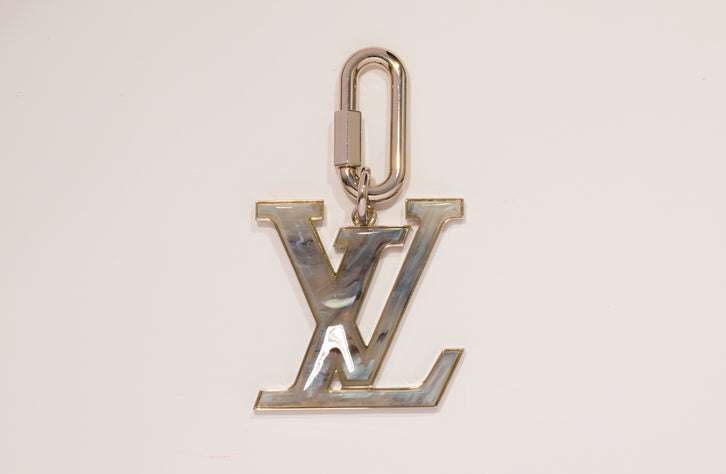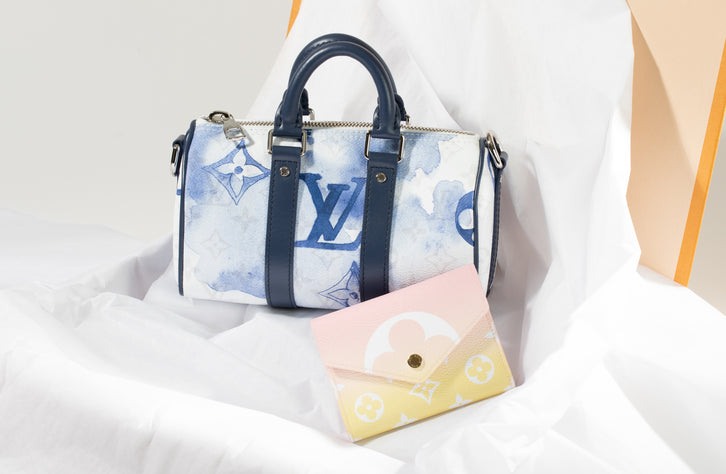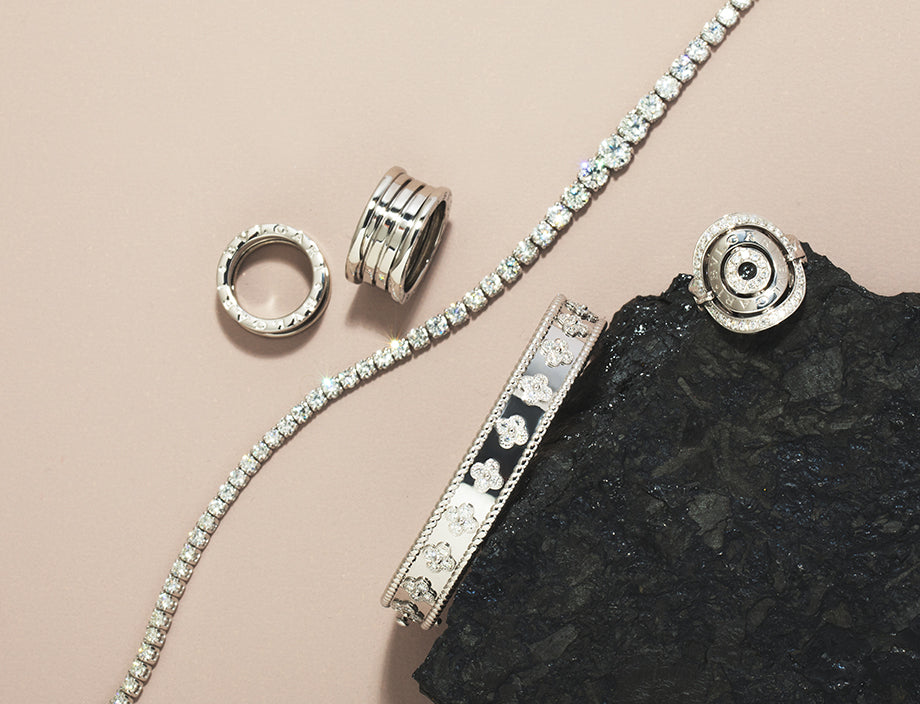The online luxury industry has received some heavy news over recent months. With businesses struggling to survive, it has left a lot of questions unanswered.
Given the current economic landscape, business focus is critical to ensuring companies not only survive these trying times but also thrive. Staying afloat when such large financial numbers and an army of luxury experts are at stake is becoming a huge concern.
So, What Is Going Wrong? It is impossible to give one answer to this. The issues are both industry-wide and specific to each company. Breaking down what we know about the major luxury platforms in turbulent times, myGemma assesses what is going on and what needs to come next.
Lack Of Focus
Matches
The recent collapse of Matches was big news in the fashion industry. The Frasers Group had recently acquired Matches in December of 2023. Even with additional funding, the company struggled to be profitable.
The UK-based e-retailer was known for its curated selection of designer pieces. However, as the world becomes increasingly globalized, it has become rarer and rarer for customers to stay loyal to one particular store. If the prices are better somewhere else or simply come up first in a search engine, customers are happy to shop elsewhere.
Farfetch
Farfetch’s business model has always been extremely optimistic and perhaps this ambition landed the company in hot water. The company was founded in 2007 by José Neves, with the primary offices in London and Porto.
The function of the business was to be a platform that operated under one brand name, selling luxury products from boutiques around the world. This worked because it meant customers could more easily source products that were perhaps unavailable and out-of-stock more locally.
As time went on, Farfetch set its sights on different ventures. The company’s mission got a little hazy and became more generalized, acquiring brands under its umbrella, notably New Guards Group (Off White ℅ Virgil Abloh, Palm Angels, Opening Ceremony, etc).
A company that saw great numbers during the recent COVID-19 pandemic, it struggled to keep up that momentum. As the pandemic started to wane, so did Farfetch’s sales. Neves recently announced his departure from Farfetch, soon after the company was acquired by Coupang, a Korean internet shopping giant.
Unfortunately, for the almost 7,000-strong workforce, this meant significant staff cuts.
The RealReal
The RealReal (also known as TRR) was once the hottest name in luxury resale. While the company is still going, its founder and CEO Julie Wainwright stepped down in 2022. The company has had a number of complaints regarding its authentication process and selling counterfeit designer items.
Instead of focusing on selling genuine designer goods in great shape, TRR went down the more-is-more route with low-value products and in return disappointed customers.
Within a five-year period, TRR’s stock price has plummeted from $28.90 in July 2019 down to a range of $1.16 to $2.80 in 2023.
What Happens Now?
That is what everyone is asking themselves. It isn’t the end of online luxury, but companies need to be careful where they put their focus. While ambition and enthusiasm are necessary, flying too close to the sun rarely works in anyone’s favor.
For one, luxury e-retailers need to establish a real sense of identity and stick to it. The more companies look to grow and expand, the more they often lose sight of their original intentions. Instead of monopolizing a whole industry, a sharper focus on the company’s USP gives way to becoming the go-to for specific categories.
What About Resale?
There is real promise for the resale industry. From the eco-credentials to the one-of-a-kind product options to the pricing, it is a pretty sturdy business model.
That does not mean that every luxury resale market can weather the storm that is the current economic climate, but there is a real opportunity there. The online luxury resale market is also fairly new and trial and error is still at play for many.
‘While others in the industry face ever-increasing customer acquisition costs, myGemma benefits from a constant influx of new customers thanks to our 13-year strategy of content creation and the 90% organic traffic that comes to myGemma.com’, says myGemma’s CEO Andrew Brown, ‘As a result, our customer acquisition cost (CAC) of just $300 compares extremely favorably with our $10K+ customer lifetime value (LTV)’.
Where To Buy Luxury Fashion Online?
If it’s designer clothing you are looking for, there are still online luxury e-retailers with selected curations from specific brands. Alternatively, you can head straight to specific designer brand’s websites.
For designer accessories, myGemma is a great choice. With a wide range of pre-owned designer accessories in excellent condition, there is something for everyone. From watches to jewelry to handbags and other accessories, myGemma has a focus on top-tier luxury brands and sells products within the accessories category.
Each and every item that goes onto the myGemma website and app has been expertly authenticated, ensuring your peace of mind. If you are looking for a Chanel Flap Bag or a Rolex watch, look no further. Download the myGemma app today for first access to new arrivals.
How To Sell Designer Accessories Online?
Your one-stop shop for all things luxury resale when it comes to accessories, myGemma not only sells authenticated designer accessories but also buys them directly from you.
We buy your accessories with no middleman involved and absolutely no hidden fees. The offer you receive is the price you get. From price quote to payment it can take as little as 24 hours.
Choose myGemma for the safe and easy way to sell your designer accessories online. Fill out the online form to get started and a member of our team will be in touch.
